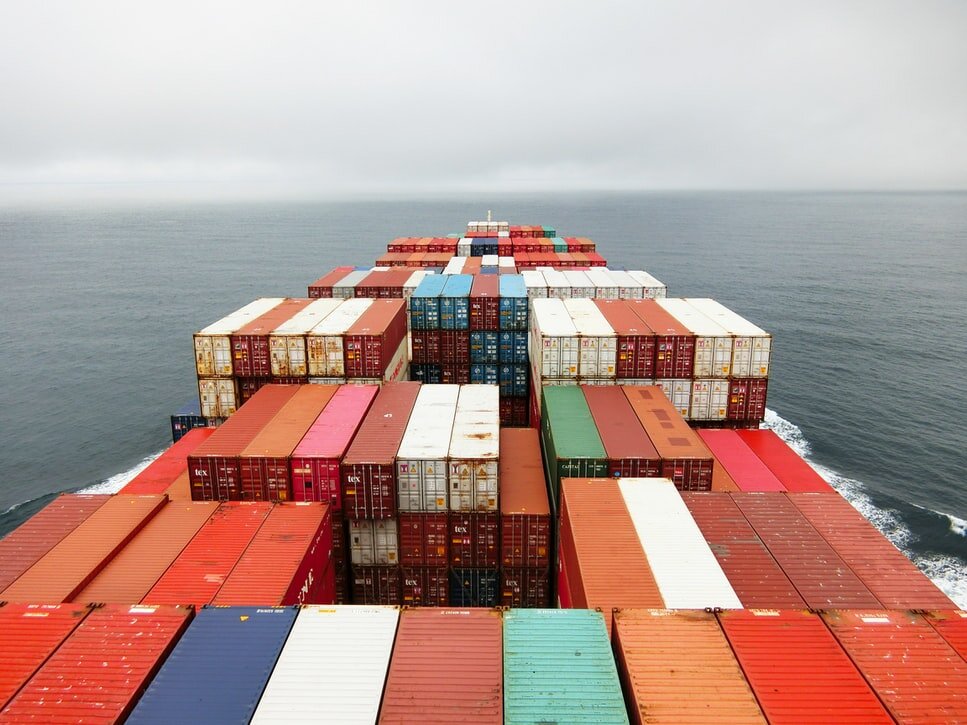On Christmas Eve, 24th December 2020, just one week before the end of the Transition Period, the EU and UK announced that they had reached an “agreement in principle” on a Trade and Cooperation Agreement. This covers tariff and quota free trade in most goods, and other aspects of cooperation on economic, social, environmental and fisheries issues.
It does not cover most aspects of trade in services, which makes up 80% of the UK economy, and major changes took effect from 1 January 2021, with an end to the free movement of persons, extra customs checks and controls on UK goods entering the EU, and Northern Ireland, and an end to the ‘passporting’ of financial services. The agreement on environmental protection was part of the hotly debated ‘level playing field’.
Given the critical shortage of time to allow for proper Parliamentary scrutiny in each EU Member State and the European Parliament, the European Commission signed the agreement and has applied it provisionally, pending the European Parliament’s scrutiny.
Meanwhile the UK Parliament was recalled, and both Houses of Parliament were asked to approve legislation to give effect to the 1,246 pages of the Trade and Cooperation Agreement, and the related Security of Information Agreement and Civil Nuclear Agreement, within one day, 30th December 2020, so that Royal Assent could be given and the legislation come into force the next day, 31st December 2020. For this purpose, the proposed legislation amended other legislation requiring Parliament to be given proper notice before discussing Treaties, and special provision was made to allow for debates to be held remotely.
The following is an extract of our fuller report on the environmental protection provisions of the EU-UK Trade and Cooperation Agreement -
“The summaries given of these clauses and their effects by the UK government and EU respectively might suggest that they had been attending different negotiations…
…The UK government’s summary will not win any prizes for its objectivity, and emphasises its freedom to apply its own laws, with no requirement for ‘dynamic alignment’ with EU law or involvement by the Court of Justice of the European Union. The EU Q&A briefing, by contrast, underlines commitments to maintain current high levels of environmental protection, ‘binding non regression’ and detailed expectations that standards in particular areas of environmental protection, which it lists, will be maintained.”
“…It is also the case that much remains to be addressed. In many areas subsidiary agreements remain to be negotiated. This is not a comprehensive settlement but an agreement on an initial framework…”
“…Without any mechanism for alignment, environmental (and other) laws will start to diverge between the EU and UK. This can already be seen, for example in the different stages of the legislative treatment of chemicals regulation.”
The precise terms and full impact of the EU-UK Trade and Cooperation Agreement will be closely studied for months and years to come, and have wide implications for all UK businesses and firms trading with the UK. To discuss regulatory impacts or receive our full report on the environmental protection provisions of the Agreement please contact William Wilson, Barrister at info@wyesideconsulting.com

